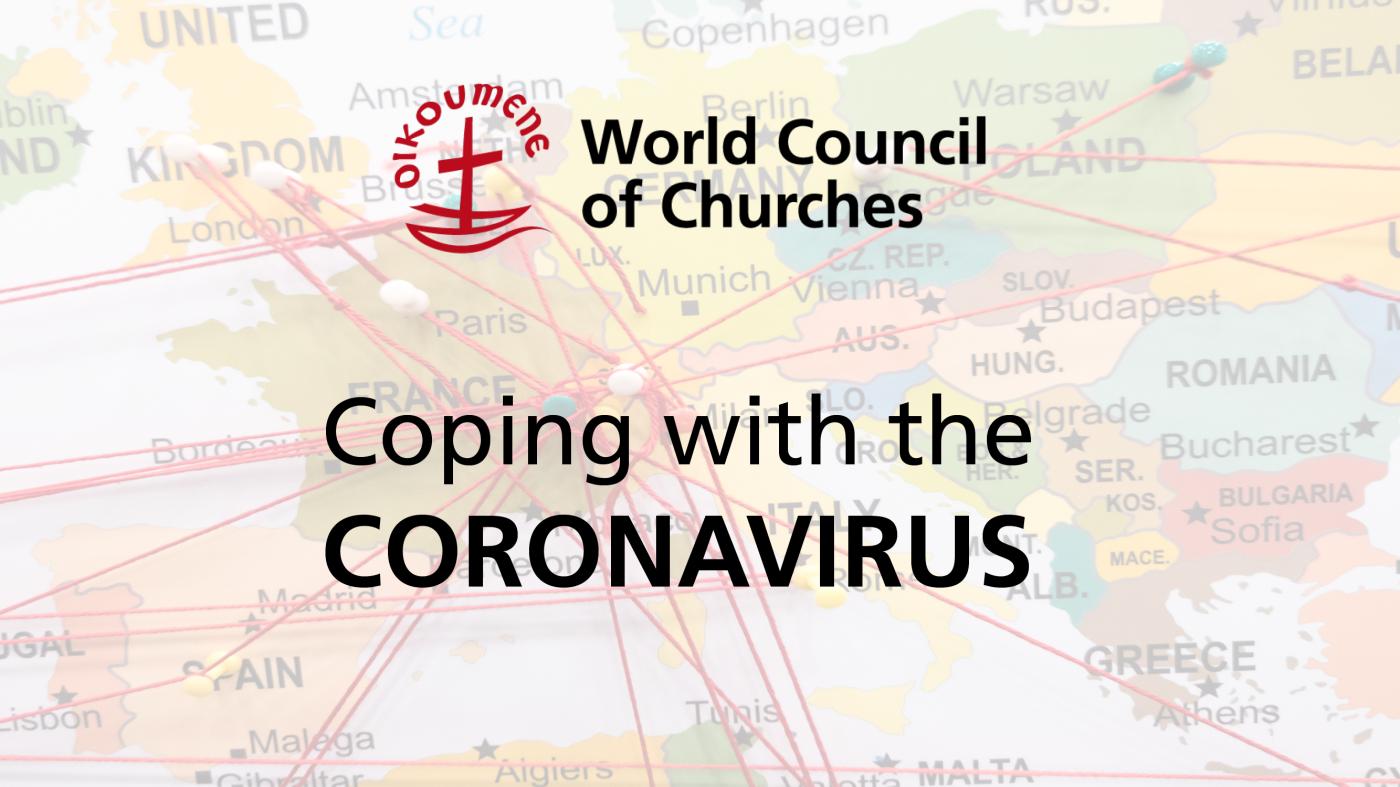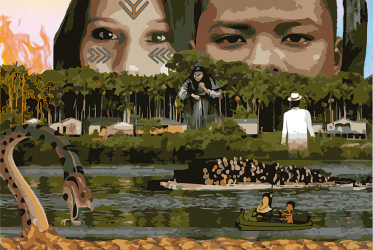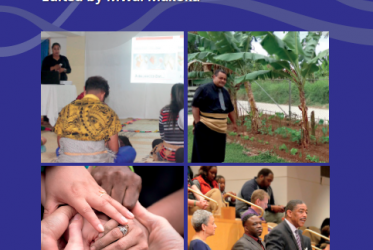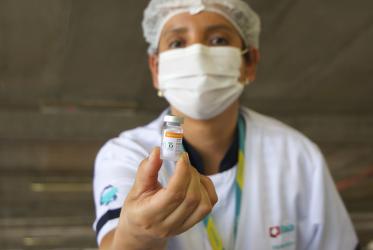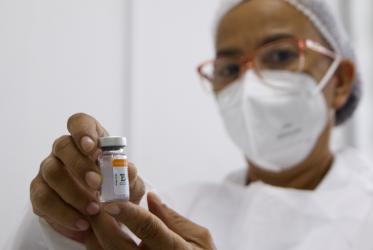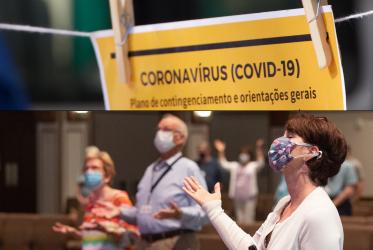During the COVID-19 crisis, the church serves the spiritual and social needs of people afflicted by the pandemic which is gripping the world, and its key role was highlighted by the World Health Organization (WHO).
On 31 March a panel of experienced church leaders and medical experts went on air to address the global challenge of the COVID-19 pandemic from a medical, moral, and spiritual perspective.
Outgoing World Council of Churches (WCC) general secretary, Rev. Dr Olav Fykse Tveit moderated the televised 60-minute session as one of his last duties.
“We are also grateful for the concrete signs of collaboration among churches and with governments and international organizations, especially WHO, at this time of peril,” said Tveit said at the opening of the discussion.
He said that around the world, the novel coronavirus COVID-19 was sorely testing systems of governance and public health, leadership, and solidarity.
‘Source of all existence’
“As people of faith, we stand with the God of life, the source of all existence, life, and health. And we pledge our every effort to protect and safeguard life, to promote health, and to raise the prospects of the sick, the vulnerable, the marginalized, and the elderly. That is who we are, that is what we do, that is why we are here.”
As well as church leaders in the panel was Dr Sarah Hess of the World Health Organization’s Information Network for Epidemics, Health Emergencies Programme.
Tveit said, “We are grateful to be able today to convene church people from around the globe to confer about the pandemic, to learn from our partners at the World Health Organization.”
Hess noted the rising number of cases which had leaped past the 700,000 mark on the day with more than 35,000 global deaths.
All affected in some way
“And we can say that everyone everywhere is affected in some way, even by the time between doing these slides and giving this presentation. The numbers are changing rapidly,” she said.
Hess said that previously, Italy’s Lombardy region and a region of China had been the most severely affected, but now cities such as Madrid and New York were suddenly experiencing extreme rises in cases and increases in the number of deaths.
She noted that one of the challenges the WHO is facing is that “older people are more at risk of severe disease,” and another major challenge is mental health along with secondary challenges from isolation and quarantine.
“We need to take careful consideration that for many people, the home is not a safe haven where you have cases of domestic violence and abuse. And we really regard this as a primary challenge for us to overcome,” said Hess.
‘WHO privileged working with churches’
“So, we feel very privileged at WHO to begin to enter into a conversation and relationship with faith communities around the world because we do see the work, the existing work that you do and the existing role that you play in the lives of millions of people as absolutely critical at the moment.”
“In Africa, Asia, Europe, North America or elsewhere, each locale presents distinctive challenges for the churches’ mission and healing presence, even apart from the medical assets that many churches have to offer in this situation.”
Two Asian church leaders Rev. Dr Hyunju Bae, of the Presbyterian Church of Korea, a member of the WCC Executive Committee, and Dr Mathews George Chunakara, general secretary of the Christian Conference of Asia spoke about churches efforts to follow WHO guidelines on social distancing.
“The ecumenical constituencies in Korea, have been actively cooperating with the government and local governments and medical experts to respond to the pandemic and to prevent the spread from the initial stage of outbreak, to the present time, strongly recommending a total shut down and the churches accompanying their congregations mostly through online worship,” said Bae.
Also at the webinar were Archbishop Job of Telmessos: Permanent Representative of the Ecumenical Patriarchate to the WCC; Rev. Ebun James, general secretary of the National Council of Churches in Serra Leone; Dr Olivia Wilkinson of the Joint Learning Initiative on Faith and Local Communities; Dr Katherine Marshall, senior fellow at the Walsh School of Foreign Service and executive director of the World Faiths Development Dialogue, The Berkley Center for Religion, Peace, and World Affairs; Dr Mwai Makoka, WCC programme executive for Health and Healing.
This session is produced in cooperation with the World Association for Christian Communication
WCC webpage "Coping with the Coronavirus"
